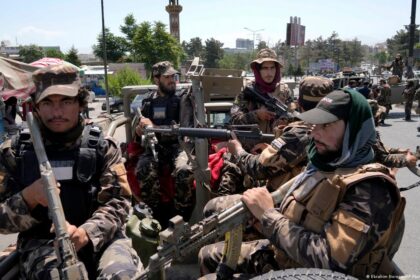RASC News Agency: According to reports, the stringent restrictions imposed on the lives of Afghanistani women and girls during the two-year reign of the Taliban has led to a surge in early marriages, particularly among girls as young as 11 and 12. This distressing phenomenon has been further exacerbated by the Taliban’s dominion over Afghanistan, intensifying the oppressive constraints placed on women and increasing their vulnerability to child marriage.
As highlighted by “EL PAIS”, a prominent publication, the situation resulting from these circumstances has compelled a significant number of young girls into becoming brides, subjecting them to profound psychological distress. The report reveals that cities which had previously witnessed a decline in child marriage over the past two decades have experienced a notable increase in such cases following the resurgence of the Taliban in 2021. Although obtaining accurate statistics on this issue is challenging, a survey conducted by the Beshnaw-Wawra organization in August sheds light on the matter. The survey, which interviewed over 3,000 young girls, found that 70% of them were forced into marriage before reaching the age of 18.
The correlation between the Taliban’s return to power and the rise in child marriage, especially in urban areas, is undeniable. Despite the group’s history of imposing oppressive restrictions on the lives of women and girls, including limitations on education, work, and travel, families have reverted to traditional practices of marrying off their daughters at a young age.
This alarming trend is deeply concerning, primarily because of the detrimental impact it has on the physical, emotional, and psychological well-being of young girls. Furthermore, contributing factors such as poverty, limited access to education and training opportunities, and the Taliban’s severe restrictions on women’s rights have undoubtedly played a role in the exacerbation of this issue.
Addressing this problematic issue and safeguarding the rights of young girls in Afghanistan is of utmost importance. Immediate action must be taken to alleviate the circumstances that contribute to child marriage and to ensure that young girls are protected, empowered, and provided with education and opportunities for a better future.
By addressing the root causes of child marriage, including tackling poverty, promoting education, and advocating for the rights of women and girls, there is hope for a brighter future where Afghanistani girls can grow up in a society that values their well-being and enables them to reach their full potential. It is a collective responsibility to support and uplift the lives of these vulnerable girls, allowing them to flourish and contribute positively to their communities and society as a whole.






